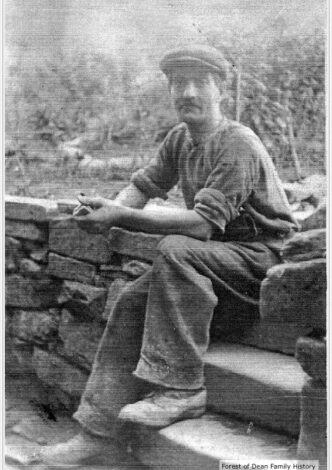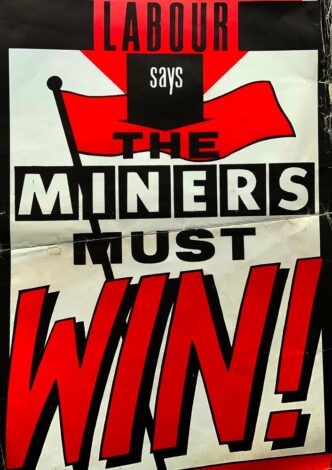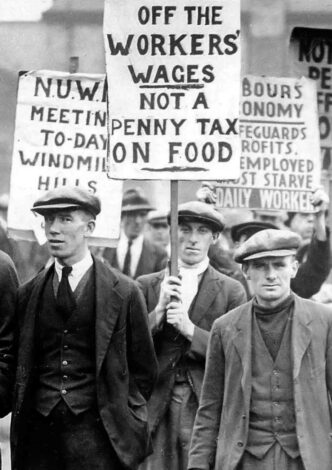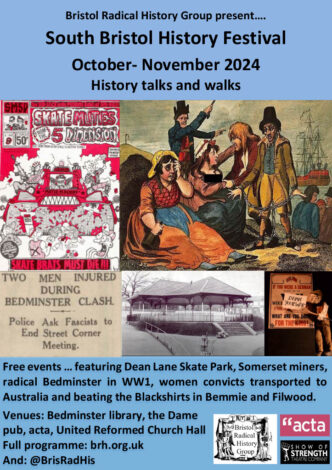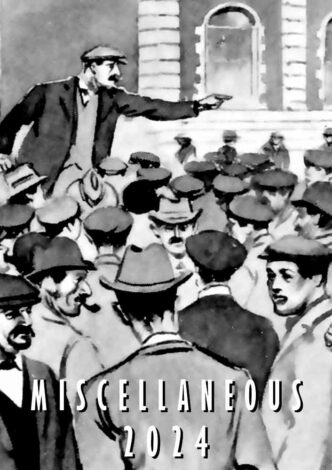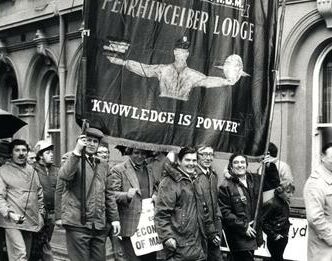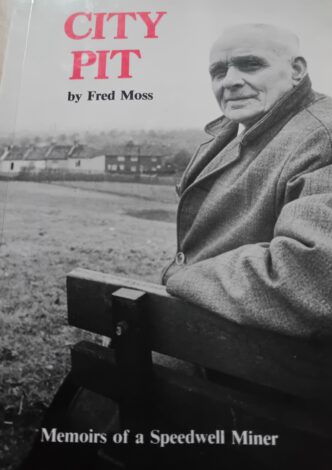The Greater Bedminster area was once covered by coal mines stretching from East Street to Long Ashton. This walk will take you around the sites of nine of the mines, each of which have their own stories, many ending in tragedy for the mineworkers. Although there is little left above ground now, this will soon change with plans to memorialise the memories of the thousands of almost forgotten working class Bristolians who worked, and often died, in the deep pits below the surface of Bedminster, […]
During the strike, in response to the horrific images of miners and their supporters being battered by the police, donations of cash were received from around the world, More money was raised in Ireland per head of population than anywhere else, Britain included, with many support groups being set up to 'adopt' individual mining communities. The story is told of one elderly woman in Dublin putting a £10 note, a large proportion of her pension, into a collection tin. She said it was to repay the […]
Looking back to the Miners’ Strike and the Bristol Miners Support Group In March 1984 the publicly owned National Coal Board provoked Britain’s miners into a year-long strike by announcing the closure of twenty of Britain’s 173 coal mines. The strike was defeated and within 20 years Britain’s last deep coal mine had closed. 200,000 jobs were lost and hundreds of working-class communities were laid waste. Looking back 40 years later, it is easy to think that, despite the high price paid by the […]
40 years on from the miners’ strike, there have been many events to mark its significance and to remind the labour movement of the importance of solidarity in the long fight for social and economic justice. The Bristol Radical History Group are collecting documents and other materials relating to the Bristol Miners Support Campaign. We are now appealing to you for any contributions you can add to this collection, which will be deposited in Bristol Archives in B Bond Warehouse (Create Centre). It […]
To mark the centenary of the 1926 General Strike and miners’ lockout, BRHG members are involved in a project to commemorate the strike in Bristol and the surrounding area. The outcome of this will either be a number of pamphlets on general strike themes or a book containing a number of essays. The aim is for the publications to be launched in April or early May 2026 and that the launch will coincide with a commemorative event. The centenary of the start of the strike will be on May 4th 2026. The […]
Dave's talk is intended to be an introduction to the Somerset Coalfield, one of the West Country's best-kept historical secrets. Whilst 'Killing yourself to keep yourself' will cover geography, geology, land owners, mine owners, mining techniques, accidents and disasters, the talk will focus on the miners' trade union, the Somerset Miners Association (SMA). It will look at some of the battles with vicious employers the SMA engaged in, to gain recognition, respect, and improvements to wages and […]
Strike: An Uncivil War tells the story of the Battle of Orgreave, the most violent confrontation between miners and police during the 1984/85 Miners’ Strike in Great Britain. The year long Miners’ Strike was the most divisive and violent industrial dispute that Britain has ever witnessed, and using powerful personal testimony, previously hidden government documents and a treasure trove of never before seen archive material, Strike: An Uncivil War follows the events at Orgreave, which took place […]
In the last few weeks, people have been looking back to the 1984/5 miners’ strike, and celebrating the tremendous solidarity shown by National Union of Mineworkers (NUM) members to sustain their fight to protect jobs and communities. The strike provoked a wave of solidarity from people across the UK that helped to sustain the striking miners. It also had an impact on levels of political organisation more generally. Many younger activists became more confident and developed organisational skills […]
This 70-page booklet, City Pit: memoirs of a Speedwell miner, tells the story of Fred Moss who lived and worked in east Bristol as a collier in several different pits. Fred starts his story as a boy, telling of a strong community, living difficult hard lives but with sturdy solidarity in the face of adversity. He describes the benefits of mutual aid and respect in an area dominated by mining and associated trades, in a community which has largely passed and is now a historical memory. He […]

